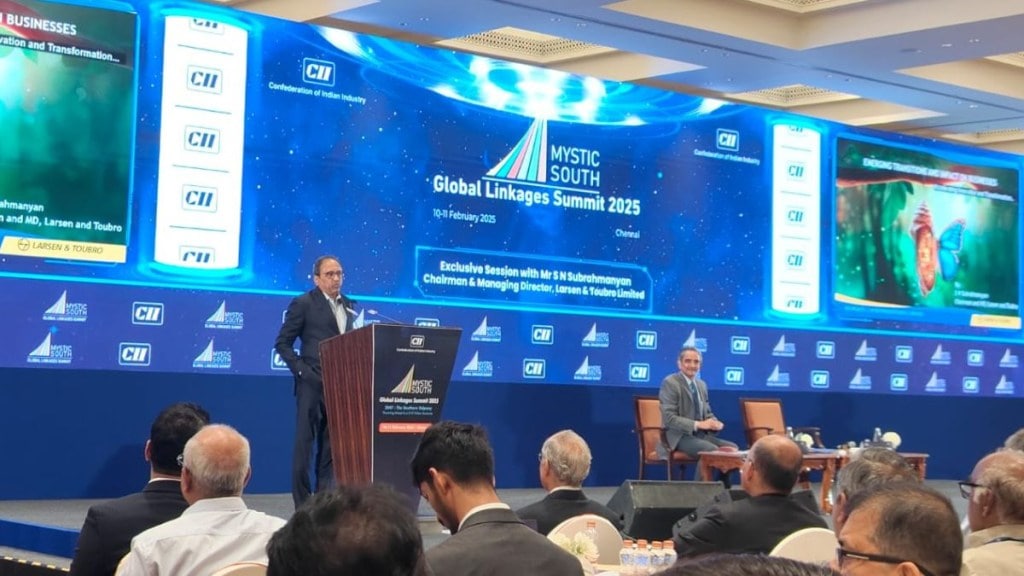Chairman and managing director of Larsen and Tourbo on Tuesday said that people are unwilling to work because of the benefits offered by welfare schemes. There has been a steep increase in labour shortages across the construction industry. It is an essential sector for the growth and development of any nation and without the human resource, it struggles to improve.
Subrahmanyan comments on the contrast that the rest of the world grapples with large numbers of migration, India has a unique problem of people unwilling to move to work. In January 2025, he made a controversial statement about employees working 90 hours a week which sparked debated
The CII Global South Linkages Summit 2025 in Chennai is aimed at deliberating on “powering ahead to a $10 trillion economy”. In his address at the summit, SN Subrahmanyam said, “We have to employ 4 lakh labourers and the attrition rate is three to four times a year, so for employing 4 lakh labourers we employ about 6 million.”
He pointed out the change in labour mobilisation patterns and how the onus lies on them to choose whether to take up a job or not. He said, “imagine now to mobilise 1.6 million people every year” emphasising the need for a separate HR department dedicated to hire labour. He shared that sometimes he “even sat on that”.
For a company like L&T, labour is the backbone of its existence. He mentioned that the reason for people’s reluctance may be due to bank accounts (Jan Dhan), direct bank transfers (Garib Kalyan Yojana) and other schemes like MGNREGA providing them the comfort of not moving away from their rural backgrounds.
According to Subrahmanyam, this is not an isolated phenomenon. A similar issue is faced for roles in engineering as they are unwilling to relocate from their cities of origin. Despite of the popular “hustle-culture” , this reluctance is prevalent in the IT sector.
He finds it amusing to find the stark difference between the current generation of workers and the “older generation” who can easily decline his seniors’ orders. He also accepts that the industry has to “live with this world and have policies that understand this and take it forward.” Pointing to human immigration, technological transition, energy transition and sustainability, he emphasised that these are the key developments shaping the world.

